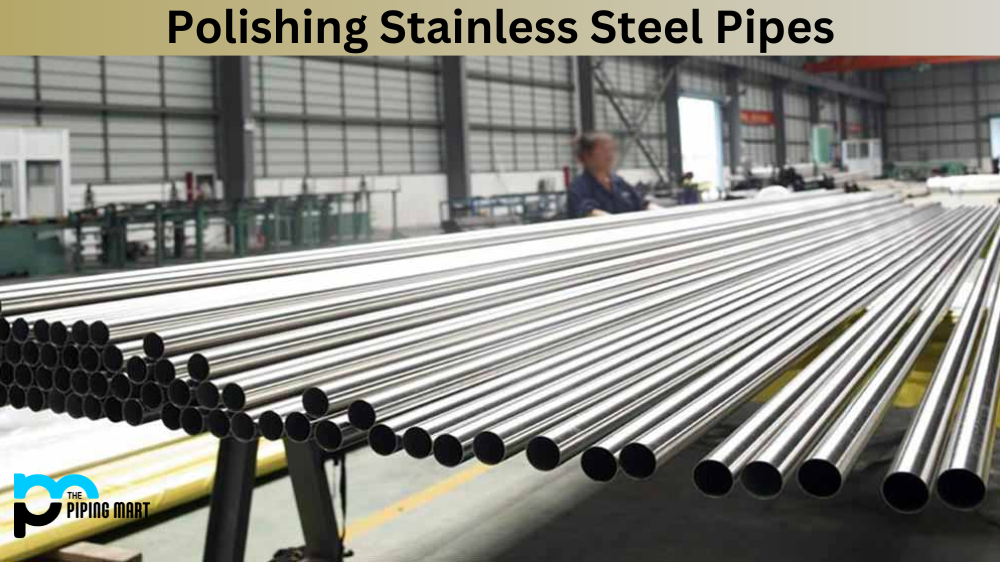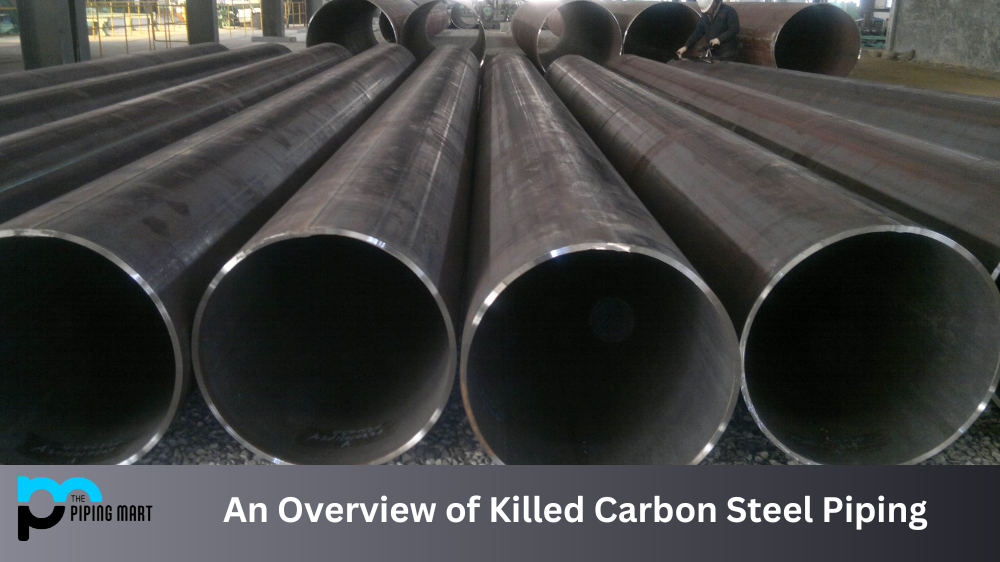Nickel alloys are a family of metals composed primarily of nickel, iron, chromium, and molybdenum. These alloys are known for their exceptional strength and corrosion resistance. They are also highly resistant to extreme temperatures, making them an ideal choice for high-temperature applications. Let’s take a closer look at the properties and uses of nickel alloys in high-temperature environments.
High-Temperature Applications
Nickel alloys are used in many industries due to their ability to withstand extreme temperatures. For example, they can be used in power plants that generate energy using steam turbines. The nickel alloy components ensure that the turbines can function at a consistent temperature without compromising their efficiency or lifespan. Furthermore, these components can resist corrosion caused by heat or chemical exposure.
Nickel Alloy Density
Another important consideration when selecting a metal alloy is density. Nickel alloys have a higher density than other metals, such as steel or aluminum. This means that they are capable of storing more energy in a smaller space while dissipating heat more quickly than other materials. This makes them ideal for applications where space is limited, but high performance is required.
Nickel Alloys vs. Other Metals
Nickel alloys outperform other metals in terms of durability and longevity when exposed to high temperatures over long periods of time. Additionally, they require minimal maintenance due to their resistance to oxidation and corrosion from heat exposure or contact with chemicals (such as acids). When compared to other metals, nickel alloys provide superior performance and cost savings over the long run due to reduced maintenance costs and extended lifespans.
Conclusion:
Nickel alloys have become increasingly popular due to their excellent strength, corrosion resistance, and ability to withstand extreme temperatures over long periods of time without degradation or damage. In addition, nickel alloys have a higher density than other metals, which makes them ideal for applications where space is limited, but high performance is required. Finally, nickel alloys require less maintenance than other materials, which helps reduce operational costs over the long run. If you’re looking for a durable material for use in high-temperature environments, then nickel alloys may be the perfect fit for your needs!

Pipingmart is a B2B portal that specializes in metal, industrial and piping items. Additionally, we share the latest information and information about materials, products and various types of grades to assist businesses that are involved in this business.




